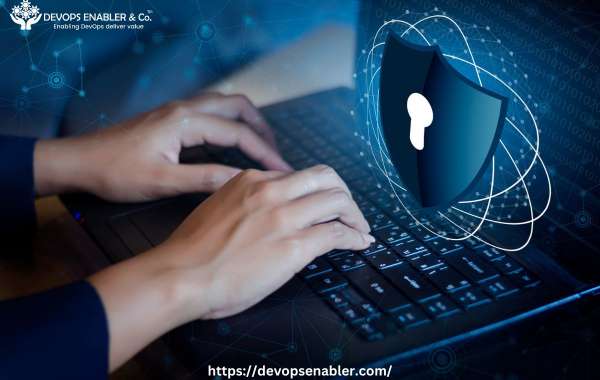The concept of DevSecOps has emerged as a crucial paradigm, emphasizing the integration of security measures throughout the Software Development Life Cycle (SDLC). At the forefront of this integration is the concept of Security-as-Code, which provides a pragmatic approach to fortifying applications against potential threats. By embedding security controls into the development process, teams can automate security policies, ensuring consistent application and enabling them to keep pace with the accelerated velocity of DevOps. This article explores the importance of Security-as-Code and delves into six key capabilities that organizations should prioritize for a successful implementation.
Security as a Foundation for DevSecOps:
The founder and managing director of DevSecCon, Francois Raynaud, asserts that Security-as-Code is about making security transparent and fostering a shared language between security practitioners and developers. In essence, security teams must understand the developers' workflow to integrate the necessary security controls into the SDLC. This collaborative approach aims to accelerate development rather than impede it, aligning security measures with the goals of the DevOps philosophy.
Empowering Developers for Secure Code:
Developers aspire to create secure code, yet they often lack the tools and practices to do so effectively. By incorporating security into the DevOps workflow, developers are empowered to identify and rectify security flaws early in the development process. This proactive approach ensures efficiency and resolves vulnerabilities before they can be exploited, aligning security with the principles of DevSecOps.
Contact Our Inquiry Center: https://devopsenabler.com/contact-us
Six Key Security-as-Code Capabilities:
- Automate: Integrate security scans and tests such as static analysis, container scanning, and fuzz testing into the development pipeline. This ensures that security checks are consistently applied across all projects and environments, mitigating the risk of misconfigurations that could lead to exploitable security flaws.
- Build: Establish an immediate feedback loop by presenting security scan results to developers during coding. This real-time feedback allows developers to remediate issues promptly and learn best security practices while actively coding.
- Evaluate: Implement checks to evaluate and monitor automated security policies continuously. This includes verifying that sensitive data and secrets are not inadvertently shared or published during the development process.
- Standardize: Standardize exception-handling processes by automating simple remediations for identified vulnerabilities and streamlining approvals for more complex issues. This ensures a consistent and efficient approach to handling security concerns across projects.
- Test: Integrate continuous testing into the development pipeline, testing new code with every code change. This approach allows for the early identification and resolution of security vulnerabilities, preventing them from being introduced into the production environment.
- Monitor: Employ both scheduled and continuous methods to monitor vulnerabilities and track their remediation progress. Tools like GitLab’s Security Dashboard and Compliance Dashboard enhance visibility and simplify efforts in tracking security measures.
Implementing these six best practices positions a development team on the path to becoming a well-oiled DevSecOps machine. Security-as-Code emerges as the intelligent solution within the complex landscape of DevOps, ensuring that security is not an impediment but an integral and efficient part of the software development life cycle. By prioritizing these capabilities, organizations can foster collaboration between security teams and developers, ultimately achieving a harmonious balance between speed and security in the ever-evolving world of software development.
Contact Information:
- Phone: 080-28473200 / +91 8880 38 18 58
- Email: sales@devopsenabler.com
- Address: #100, Varanasi Main Road, Bangalore 560036.


